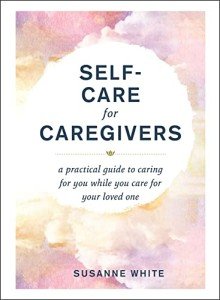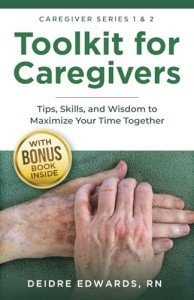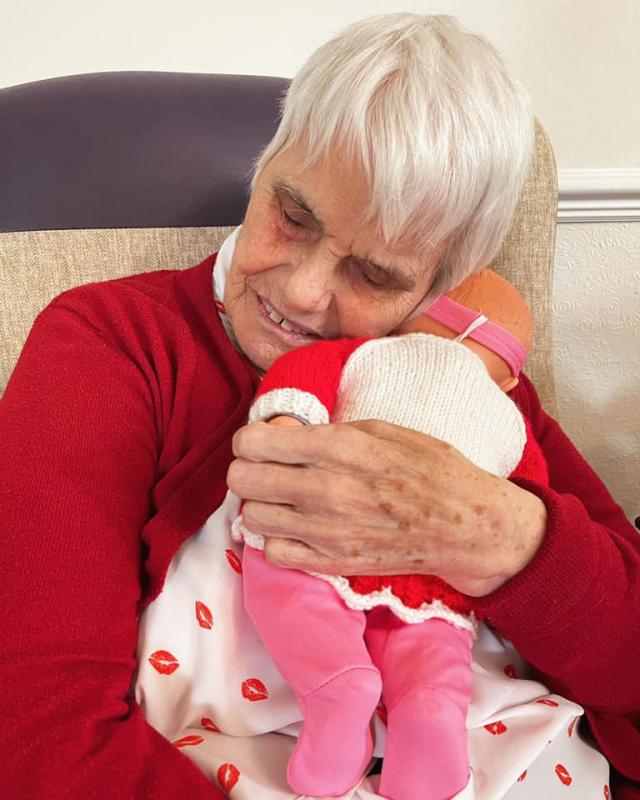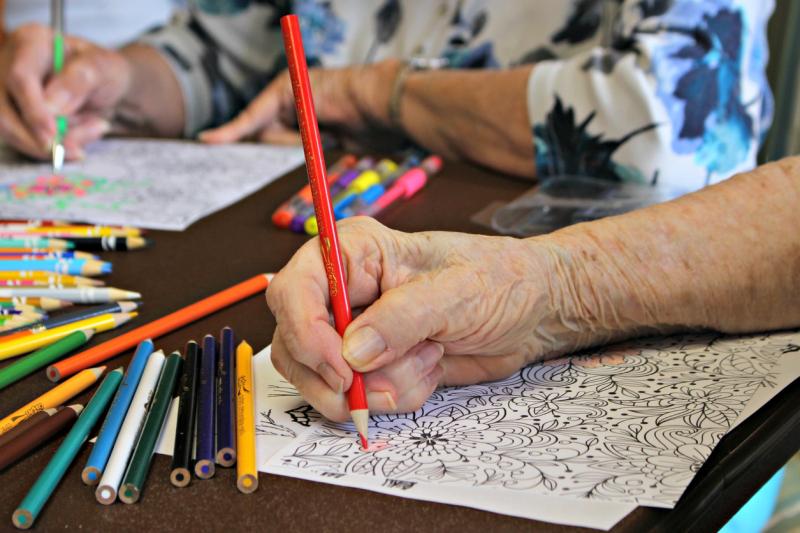How do I know if I'm burning out as a caregiver?
One of the most common signs of burnout is emotional exhaustion. You may find yourself feeling drained, detached, or overwhelmed by the daily responsibilities of caregiving. When even small tasks feel burdensome, it’s a signal that your mental capacity is stretched too thin. Pay attention to your feelings; if you're frequently irritable or sad, it may be time to evaluate your caregiving situation.
Physical symptoms can also indicate burnout. Caregivers often experience headaches, changes in sleep patterns, or unexplained aches and pains. These physical manifestations of caregiver stress are not just a coincidence; they can stem from the mental toll that constant caregiving takes on your body. If you notice new or persistent health issues, consider it a wake-up call to reassess your self-care practices.
Cognitive signs of burnout include difficulty concentrating or making decisions. If you find yourself forgetting appointments or struggling to keep track of daily tasks, this could be a result of your mind being overloaded. Caregiver stress can cloud your focus, making it challenging to think clearly. Recognizing these cognitive hurdles can be a key step in acknowledging your current state of well-being.
Caregiver Self-Care: A Practical Guide
Nurture your well-being while providing the best care for others with this essential resource
Product information
$16.99 $15.80
Product links
Self-Care Strategies
First, establishing a routine that includes time for yourself is crucial. Block out regular intervals in your schedule specifically for self-care activities. This could be as simple as enjoying a relaxing bath, reading a book, or taking a short walk. Prioritizing these moments can significantly reduce feelings of caregiver stress, as it gives you a dedicated space to unwind and reflect.
Exploring mindfulness practices like meditation or deep-breathing exercises can greatly enhance your mental resilience. These techniques foster a sense of calm and help you stay grounded during stressful times. Even just a few minutes a day can make a big difference, allowing you to approach caregiving tasks with renewed energy and clarity.
Finally, one of the most effective ways to combat caregiver stress is by building a strong support network. Connecting with others who understand your experiences can make a significant difference in your day-to-day life. Look for local support groups or online communities where you can share your feelings, seek advice, and learn coping strategies from fellow caregivers. Knowing that you’re not alone can provide comfort and encouragement during tough times.
Toolkit for Caregivers Book: Essential Skills and Tips
Empowering caregivers with valuable knowledge and practical resources for enhanced support
Product information
$27.99
Product links
Friends and family can also play a crucial role in your support network. Don’t hesitate to reach out and share your struggles with those close to you. They may not fully understand the challenges you face, but their willingness to listen and offer help can ease some of your burdens. You might be surprised by the support you receive when you open up about your situation.
In addition to peer support, consider seeking professional help. Therapists or counselors who specialize in caregiver issues can offer valuable insights and coping mechanisms that directly address caregiver stress. They can help you process your feelings and develop strategies to manage your responsibilities more effectively, making your caregiving journey a little lighter.
Remember that it’s important to actively nurture your support network. Make time for social activities and connect with others regularly, whether in person or virtually. Having a solid group of people to lean on can provide the strength and resilience needed to navigate the deep challenges of caregiving.
Click this link for recommended caregiver support products:









